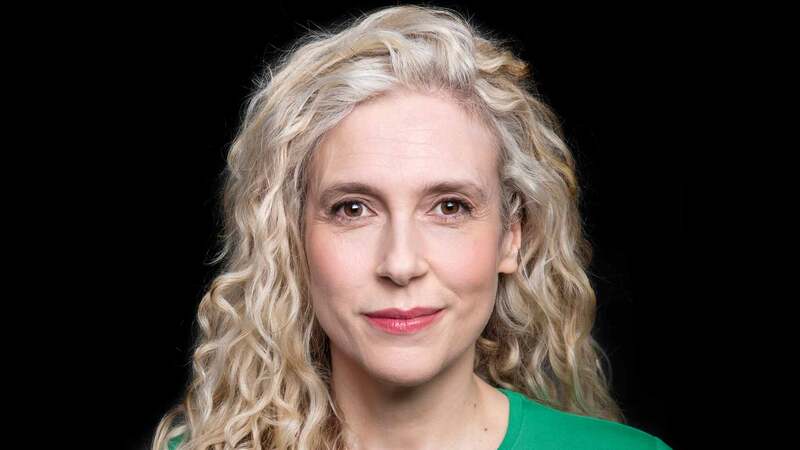You are viewing your 1 free article this month. Login to read more articles.
Benefits of reading include a longer life, claims study
Books may help you to live longer, according to a new study, linking reading with longevity in the elderly.
Results in Elsevier journal Social Science & Medicine, reported by the New York Times, found bookworms live an average of almost two years longer than people who don’t read, regardless of gender, wealth, education, or health.
The study was based on 3,635 people over 50 years of age, who were participating in a wider health study, and were divided into three groups according to their reading habits. Those who read books for up to 3.5 hours a week were 17% less likely to die within the next 12 years compared with those who didn’t read at all. Those who read for more than 3.5 hours a week were 23% less likely to die.
Readers tended to be female, college-educated and in higher income bands, but the “survival advantage" of reading remained after adjusting for "wealth, education, cognitive ability and many other variables", according to senior author, Becca R Levy, a professor of epidemiology at Yale.
The abstract for the study reads: "Compared to non-book readers, book readers had a 23-month survival advantage at the point of 80% survival in the unadjusted model. A survival advantage persisted after adjustment for all covariates, indicating book readers experienced a 20% reduction in risk of mortality over the 12 years of follow up compared to non-book readers. Cognition mediated the book reading-survival advantage. These findings suggest that the benefits of reading books include a longer life in which to read them."

















